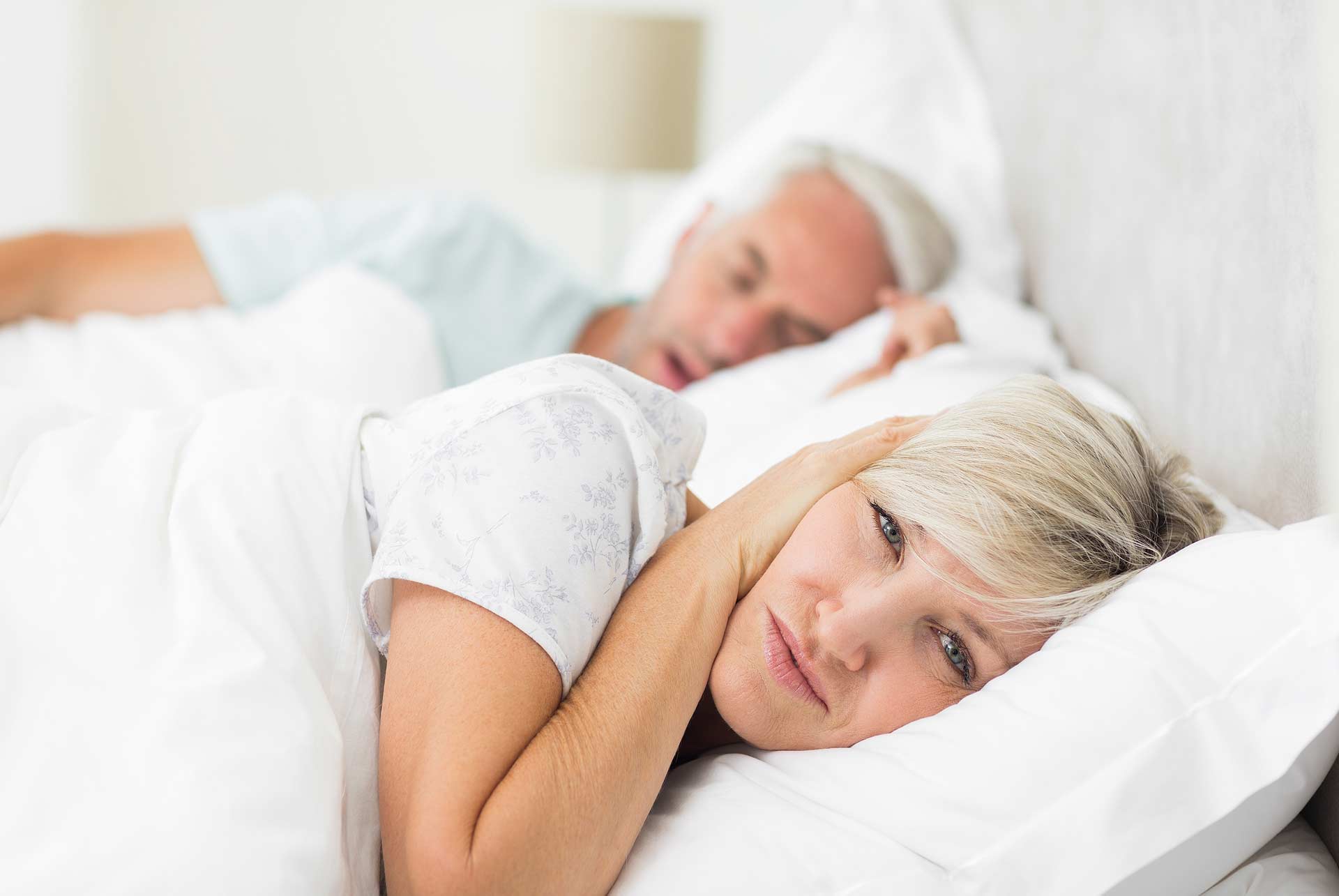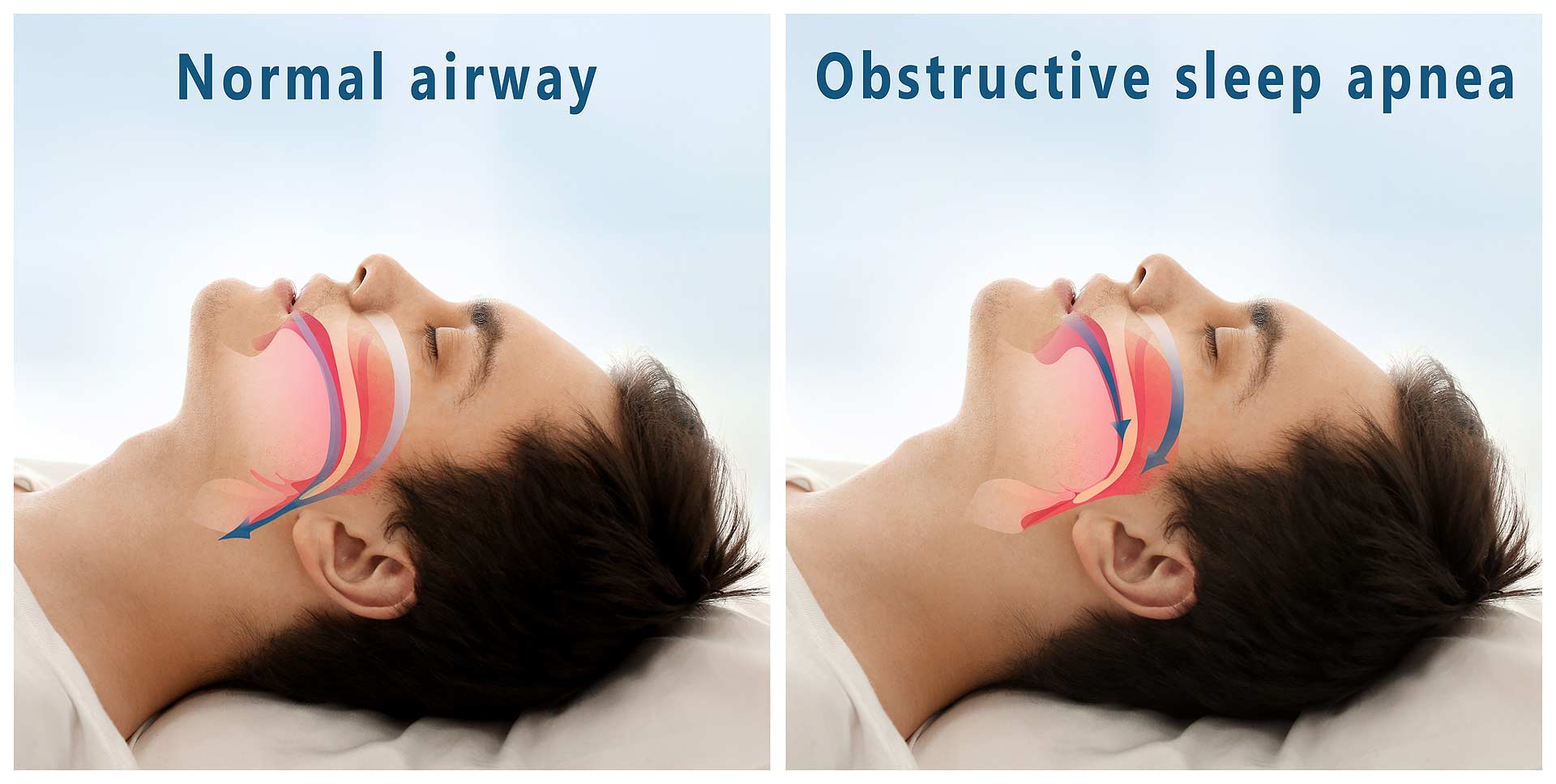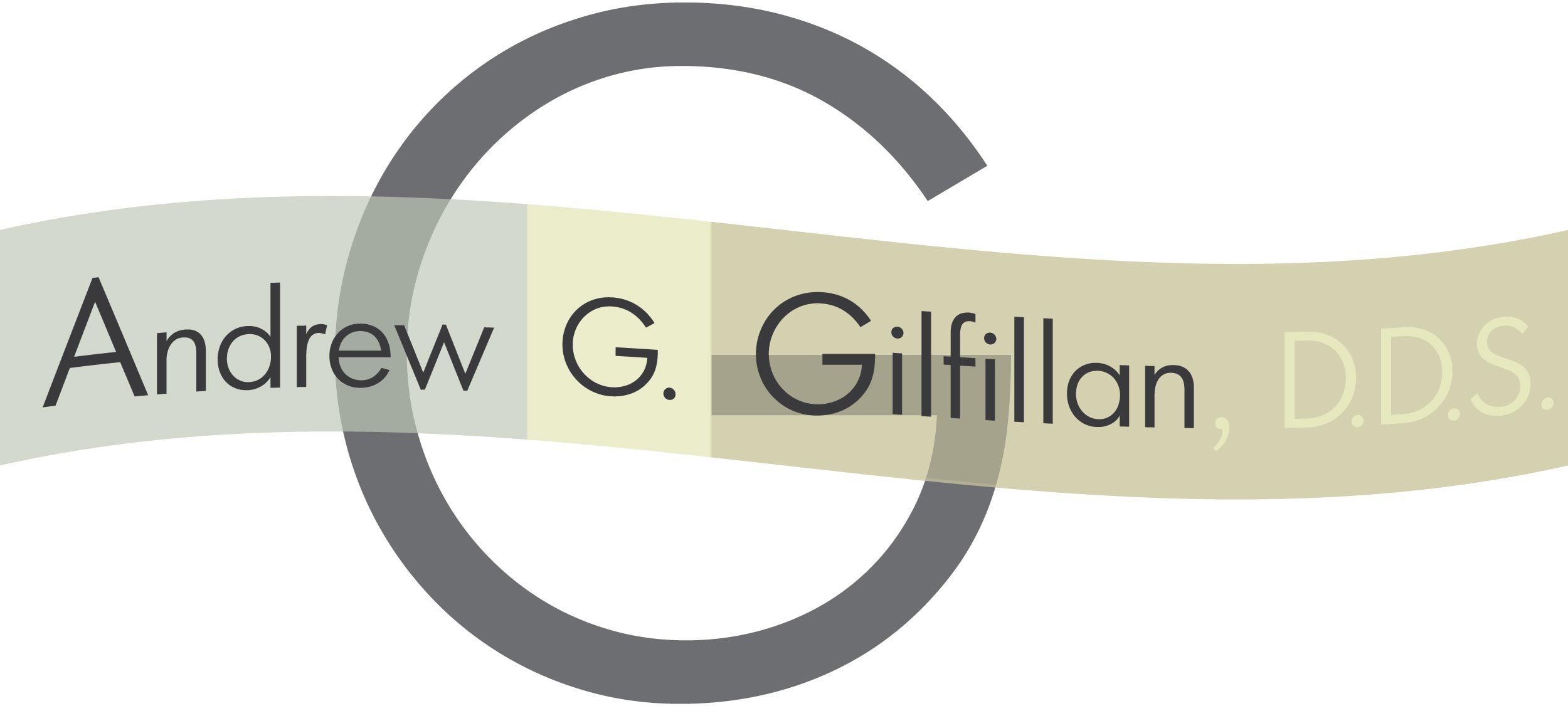Healthy Sleep Leads to a Healthy Mind and Body
In recent years, the medical and dental professions have become more aware that sleep-disordered breathing is a major contributor to a range of health problems. In addition to having a negative impact on mood, energy levels, and emotional well-being, sleep disorders such as obstructive sleep apnea have been associated with life-shortening events such as heart disease, high blood pressure, stroke and obesity.
What is Obstructive Sleep Apnea?
Obstructive Sleep Apnea (OSA) refers to an intermittent airflow blockage during sleep. OSA occurs when normal breathing is affected by a constricted airway. Nowadays, dental issues such as crowded teeth and narrow jaws create less room for the tongue, forcing it to move backwards into the throat. During sleep, the tongue tends to fall back even more, where it tends to block the airway.
Symptoms
Signs and symptoms of OSA include:
- Excessive daytime sleepiness or difficulty concentrating
- Loud snoring
- Observed episodes of stopped breathing during sleep
- Abrupt awakenings accompanied by gasping or choking
- Awakening with a dry mouth or sore throat
- Morning headaches
- High blood pressure
- Mood changes, such as depression or irritability
Sleep Disordered Breathing, Sleep Apnea and Snoring
Sufficient rest and sleep are fundamental to your overall health. Your body needs oxygen while you sleep. It is essential that your brain and body have the time they need to re-boot every single day. Your body, particularly your heart, gathers stress throughout the day.
When you finally rest at night, your heart slows down and begins to decompress. Your body needs time to recoup and collect enough energy to tackle another day. In sleep, your brain and body revitalize. Your blood pressure declines, and the pace of age-related diseases slows down. You can curb illnesses such as obesity, hypertension, memory loss and diabetes.
Lack of sleep can burden your heart by placing excessive strain and stress on the muscle. Heart attacks, stroke, and cardiovascular disease have been connected to sleep disorders.
When it comes to your teeth, a result of sleep apnea is clenching and grinding. This is often attributed to stress, but it is now known that clenching and grinding occurs when your body needs oxygen, so to obtain it, your jaw grinds your teeth from side to side to allow more air to enter your airway. Dr. Gilfillan starts considering the airway for every age of patient as soon as they first enter the practice. Don’t let another bad night of sleep keep your body from being as healthy as possible. Improving poor sleep quality can not only avoid future dental problems but improve your quality of life.

Mandibular Advancement Appliances
Our Alternative to CPAP
The traditional treatment for sleep apnea has been the CPAP device, and it remains the gold standard for moderate to severe sleep apnea. CPAP stands for Continuous Positive Air pressure. The patient is fitted with a machine that pumps continuous stream of air into the patient’s nose or mouth throughout the night. However, many people find this uncomfortable, and they stop wearing the mask.
Dr. Gilfillan’s goal is to help patients work toward increasing their airway to correct the apnea. He works with many sleep specialists in the area. We can offer an alternative treatment by making a custom-fitted appliance that fits over the top and bottom teeth. The device gently realigns your tongue and jaw to open your airway and allow more airflow into your lungs as you sleep. They are easy to place and remove, easy to clean, and convenient for travel. These devices are comfortable and have an excellent success rate for sleep apnea and snoring.

